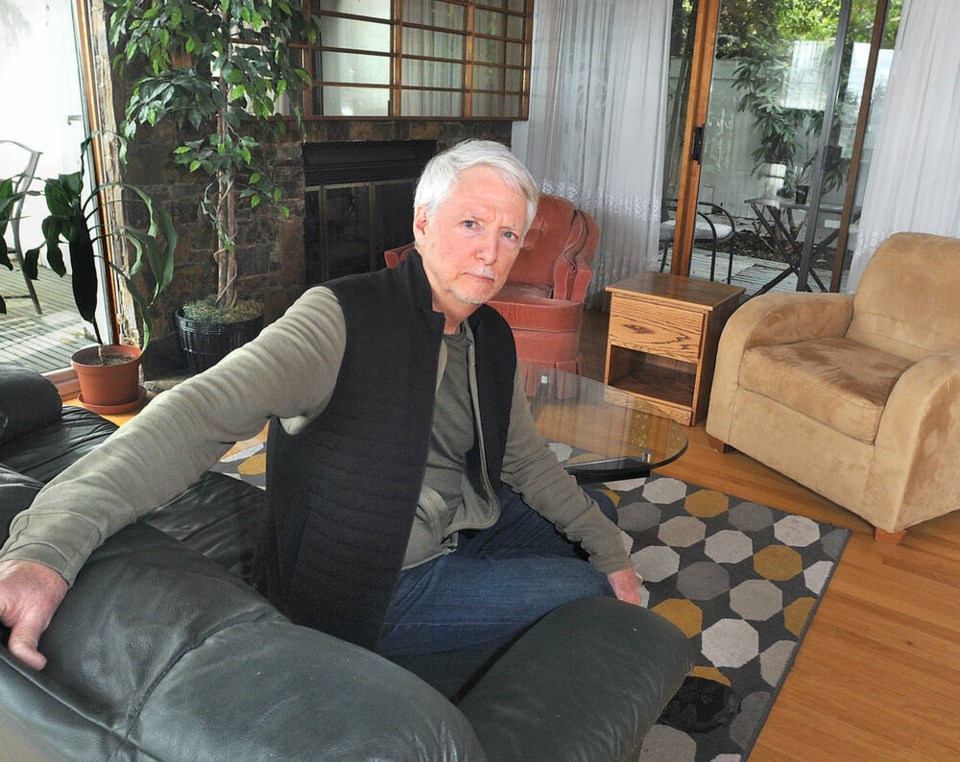The Canadian Mental Health Association’s North and West Vancouver branch is scrambling to find a new home and keep six of their clients from homelessness.
One of the properties the non-profit leases for its Circle of Care supportive housing program has been sold, with the new owner set to take possession after May.
Under the program, residents are referred through the North Shore’s homeless outreach program or through Vancouver Coastal Health. The clients live both co-operatively and independently with plenty of support for their mental health, life skills, substance use, education and job training, said executive director Leanne Mack.
“It’s a sense of community, and also security and connectedness,” she said. “It allows them to think about more than the day-to-day and be able to start setting some medium- and longer-term goals.”
In the last year, four of the residents have returned to the workforce and another went back to school, Mack said.
There are three such houses in the Circle of Care, all of which are privately funded through donations, support from the North Shore Alliance Church and Capilano Christian Community, along with some municipal grants and BC Housing funds.
The largest – their leased home in the Grousewoods neighbourhood – houses four women, two of whom are seniors, and a couple in the basement suite. They are now facing eviction.
“In an absolute worst-case scenario, some of these folks can find themselves unhoused again, and so we’ll do everything that we can to avoid that, but that is an unfortunate reality,” Mack said, adding that a return to sleeping outside or living in a vehicle risks the progress the residents have made. “It’s devastating. Giving this information to our clients was heartbreaking. Many of them have become more stable and more optimistic and hopeful about the future.… The idea of a return to that level of instability is really scary.”
There’s nothing untoward in the way the house was sold and the new owner has every right to move in, Mack said, but the non-profit now faces the daunting task of finding a new home and a landlord who will allow the Circle of Care program to continue for those six residents.
The best-case scenario would be finding another landlord willing to lease a single-family home at a rate that the non-profit can afford – about $6,500 per month. That is a very tall order on the North Shore. The Realtor they’ve engaged came back with one result so far in the $10,000 range.
“That’s well out of reach,” Mack said.
There is a stigma attached to homelessness, mental health and substance use, Mack acknowledged, but their experience with residents in the Circle of Care program shows there is no reason for concern.
“These folks take a lot of pride in their spaces. They’re tidy. They have regular house meetings. They do their chores. They’re very respectful as far as the building and very committed to not only bettering themselves but also contributing to the community and making things better,” she said. “I don’t think folks from the outside would know that it’s anything other than a private residence.”
David Greer, executive director of the North Shore Alliance Church’s charity Lazarus Community Society, said they maintain excellent relationships with their current landlords.
“Our homes are scattered around the district and people don’t even know that. I think it’s a low-impact way of housing people in a group home,” he said. “The system works if landlords realize that, in fact, we are good tenants.”
A potential new landlord can count on a monthly cheque from the non-profit and they’ll be eligible for a tax credit, Mack said. They can also know they are sharing in the success of people turning their lives around.
“This can happen to any of us, and more easily than we think,” she said. “These folks are very deserving of our support.”



